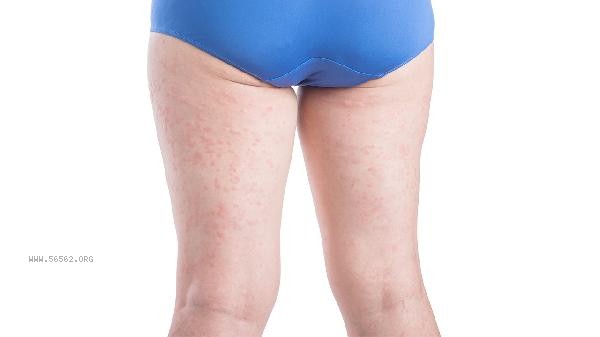After a thigh muscle strain, it is usually necessary to rest first and then gradually resume exercise. During the acute phase, rest should be the main focus. After the pain and swelling subside, low-intensity rehabilitation training can be carried out under the guidance of a doctor.

In the early stage of thigh muscle strain, it is necessary to strictly brake and rest to avoid aggravating the injury. The acute phase usually lasts for several days, during which measures such as ice compress, pressure bandaging, and raising the affected limb can be taken to reduce swelling. When the pain is obvious, you can use the nonsteroidal anti-inflammatory drugs such as ibuprofen sustained-release capsules, diclofenac sodium sustained-release tablets, or topical flurbiprofen gel plaster to relieve symptoms according to the doctor's advice. Early activity may lead to secondary tearing of muscle fibers and prolong the recovery period. When the swelling at the affected area subsides, there is no spontaneous pain, and the passive stretching pain is reduced, progressive rehabilitation training can begin. The initial stage can start with isometric contraction exercises, such as static contraction of the quadriceps femoris muscle in a supine position with the knee joint extended. Then transition to resistance free joint range of motion training, such as supine straight leg elevation. In the later stages of recovery, resistance training and balance exercises with elastic bands can be added, but explosive movements should be avoided. If persistent soreness occurs after training, stop immediately and consult a rehabilitation physician. During the rehabilitation period, it is necessary to ensure the intake of high-quality protein to promote muscle repair, such as eggs, fish, etc., and avoid spicy and stimulating foods. During sleep, a pillow can be placed under the knee to maintain muscle relaxation. After resuming exercise, it is necessary to warm up and follow the principle of increasing exercise intensity by 10%. If functional impairment persists after 6 weeks, it is recommended to seek medical attention to investigate whether there are complications such as ligament injury or stress fracture.










Comments (0)
Leave a Comment
No comments yet
Be the first to share your thoughts!